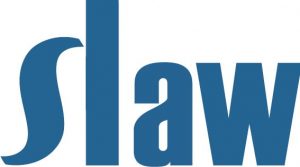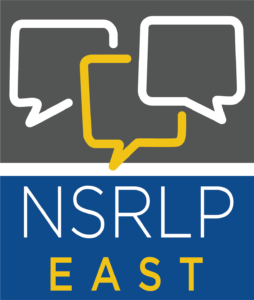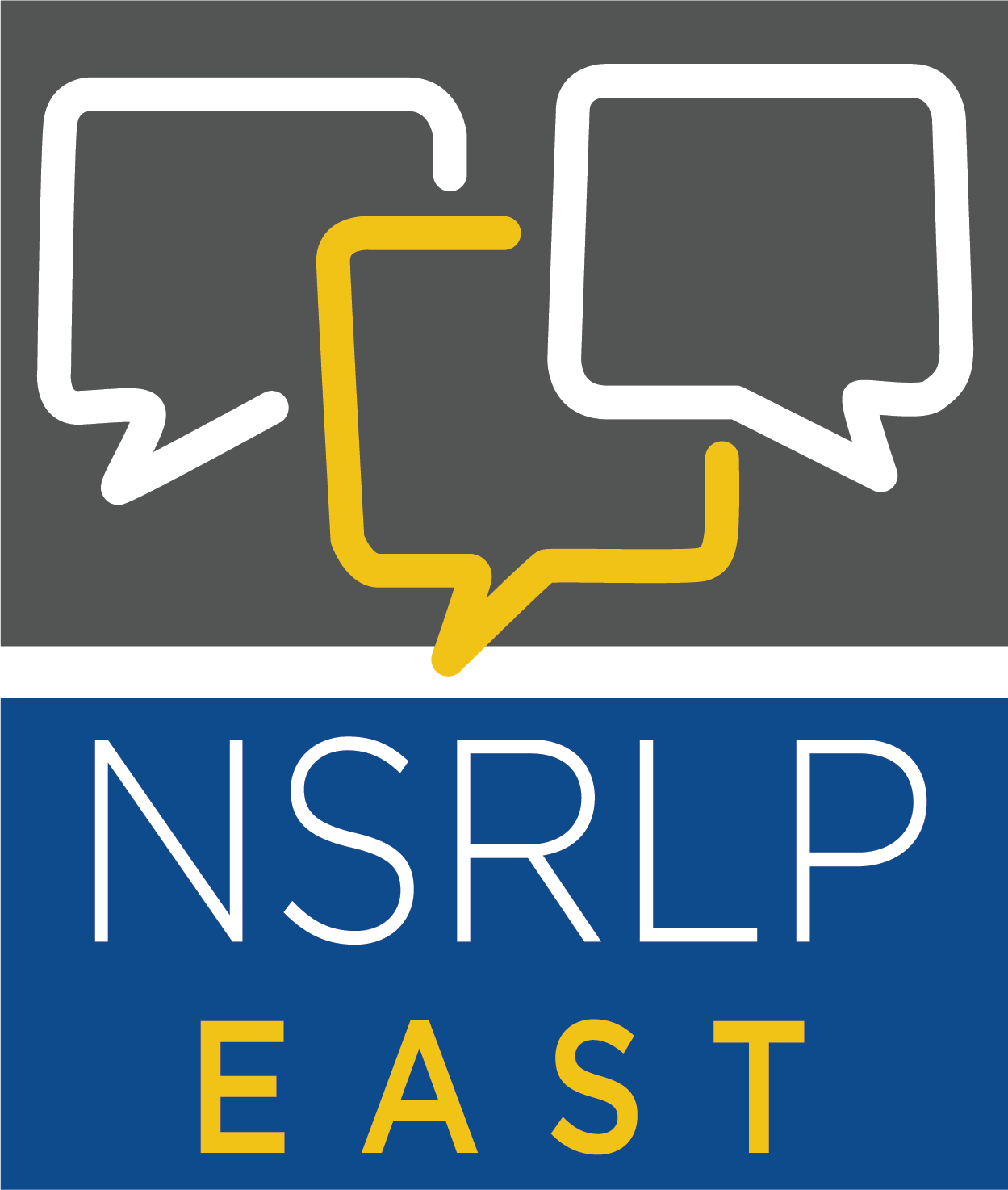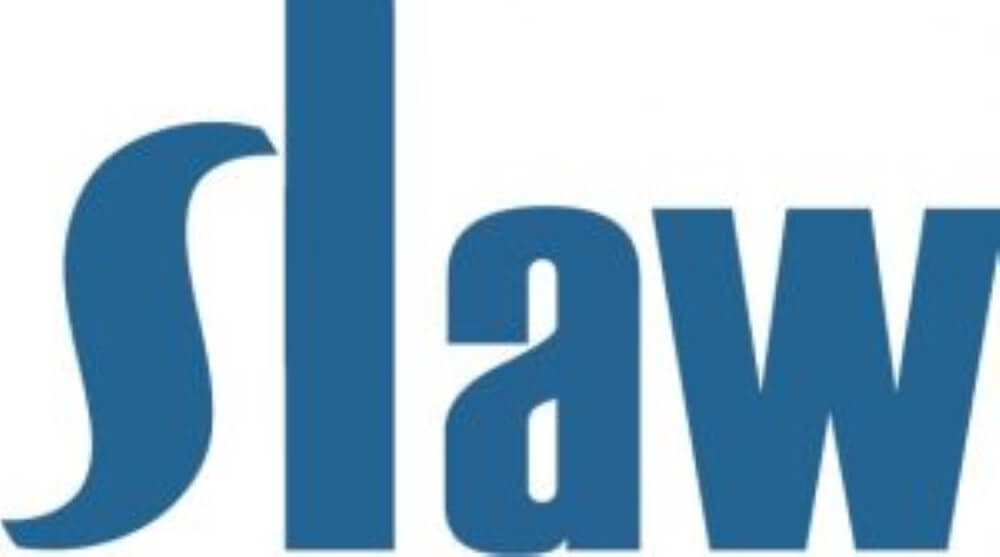 Written by Ilana Luther and Emily Tallon. Originally published on Slaw, Canada’s online legal magazine.
Written by Ilana Luther and Emily Tallon. Originally published on Slaw, Canada’s online legal magazine.
We are very happy to announce that the National Self-Represented Litigants Project has opened an East Chapter (NSRLP-E) to serve and advocate for the needs of self-represented litigants (SRLs) in Atlantic Canada. While we have only just begun the Project, our staff and students have been preparing directories of services for all the Atlantic Provinces, primers, public legal education materials, and case summaries.
 Importantly, our students are hard at work reaching out to SRLs and writing reports that will help guide our work on the needs and experiences of SRLs in Atlantic Canada.
Importantly, our students are hard at work reaching out to SRLs and writing reports that will help guide our work on the needs and experiences of SRLs in Atlantic Canada.
For example, one of our researchers recently published a report on Understanding the Experiences of Self Represented Litigants in Nova Scotia, analyzing qualitative data from SRLs in the province. Perhaps unsurprisingly, the report details how SRLs reported feeling scared, overwhelmed, and confused in court. SRLs reported feeling alienated in a system that promised them justice, and they felt that processes and procedural rules were needlessly complicated.
While some chose to represent themselves because of negative experiences with lawyers, others represented themselves out of necessity due to the high costs of representation. Several SRLs reported being denied legal aid because they did not qualify financially, or because there was no legal aid available for the area of law for which they needed assistance. But some reported simply not being able to find a lawyer who would agree to represent them, or who practised a particular area of law.
In rural Atlantic Canada in particular we are facing a crisis of attrition in the law practice. In Lunenburg County, for example, anecdotal data indicates that over the past decade the county has seen 22 lawyers retire or leave the area, to be replaced by only 5 new lawyers (in a county with currently 58 practising lawyers). In the whole of Labrador, we have heard that there are only a handful of private lawyers. In rural areas, even where there are lawyers available, they may be conflicted out of matters or have little to no experience in a needed area of law, such as immigration.
Furthermore, both our qualitative data and case law summaries indicate that SRLs are being denied state-funded counsel in criminal courts because they are perceived to be able to represent themselves. In one 2019 case, R. v. Marr, Indigenous defendants were unable to sufficiently articulate their aboriginal or treaty right defense to make a case for the assistance of state-funded counsel.
Importantly, our report, Understanding the Experiences of Self Represented Litigants in Nova Scotia, highlights that not only do SRLs report feeling that their outcomes are unjust, they report being traumatized by the actual process of representing themselves in court. One major finding from the analysis of this first voice data is that almost 50% of participants indicated that they experienced personal trauma as a main theme in their story. This was more likely if an SRL identified as being a member of an equity-seeking group.
Indeed, in analyzing the data, our researcher found that Indigenous SRLs were more likely to experience trauma as a theme of their legal proceedings than persons who identified as not belonging to any equity-seeking group.
This data statistic indicates the importance of implementing a more trauma- and violence-informed justice system in Nova Scotia.
As we continue to understand the needs of SRLs and expand what we know of SRLs beyond the Nova Scotia context, we will soon be publishing an Intake Report of data collected between 2016-2021 looking at the experiences of SRLs in Atlantic Canada as a whole. We have surveyed respondents to analyze who SRLs are (including gender, age, party status, education, ethnicity, income), in which courts they appear, and what type of help or assistance they are seeking.
While it may be expected that SRLs are reporting that they primarily find themselves in the family justice system, small claims court, or administrative tribunals, we are hearing more and more that they are representing themselves in Supreme Court and having to follow complicated Civil Procedure Rules. Nearly three-quarters of respondents indicated they represented themselves in Provincial Supreme Court.
On top of that, approximately half of those surveyed reported they had worked with a lawyer at some point during their case, although most of them reported they were not satisfied with the services they received. Three-quarters of those who worked with a lawyer during their case shared they were not offered unbundled legal services, highlighting another challenge for SRLs who are unable to afford legal counsel for the duration of their legal matter. Indeed, the bulk of respondents reported an annual income below $50,000 (30% reported an income of $30,000-$50,000, and 37% reported an income under $30,000). Additionally, 63% of respondents indicated that they sought out unbundled legal services without success.
To help mitigate the challenges facing SRLs, one project we are working on is reaching out to lawyers in Atlantic Canada who are willing to offer affordable assistance in the form of unbundled legal services or limited scope services. The NSRLP website provides a growing National Directory of Professionals Assisting SRLs where SRLs can search for a lawyer or resources within their city or province. If you are a lawyer in Atlantic Canada wishing to be added to the directory, please fill out the National Directory Sign-up Form. For lawyers considering offering unbundled legal services, the National Self Represented Litigants Project offers a helpful resource: The Nuts & Bolts of Unbundling.
Finally, if are in Atlantic Canada and are representing yourself in a legal matter, we want to hear from you! We are looking for participants and SRLs to fill out our Needs Assessment so we can continue to understand where to focus our work moving forward, and how to best support SRLs in Atlantic Canada. The Needs Assessment can be found here.

